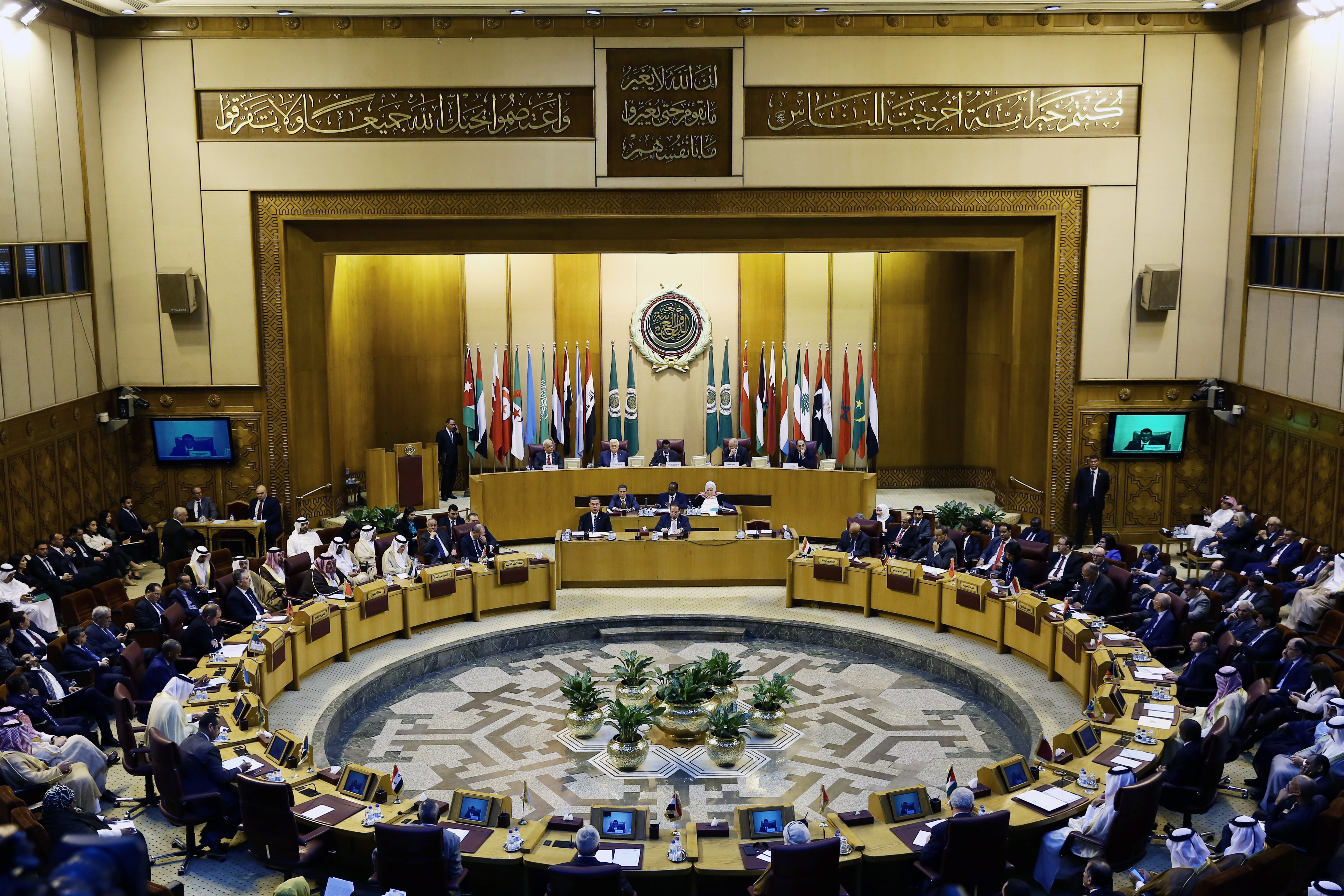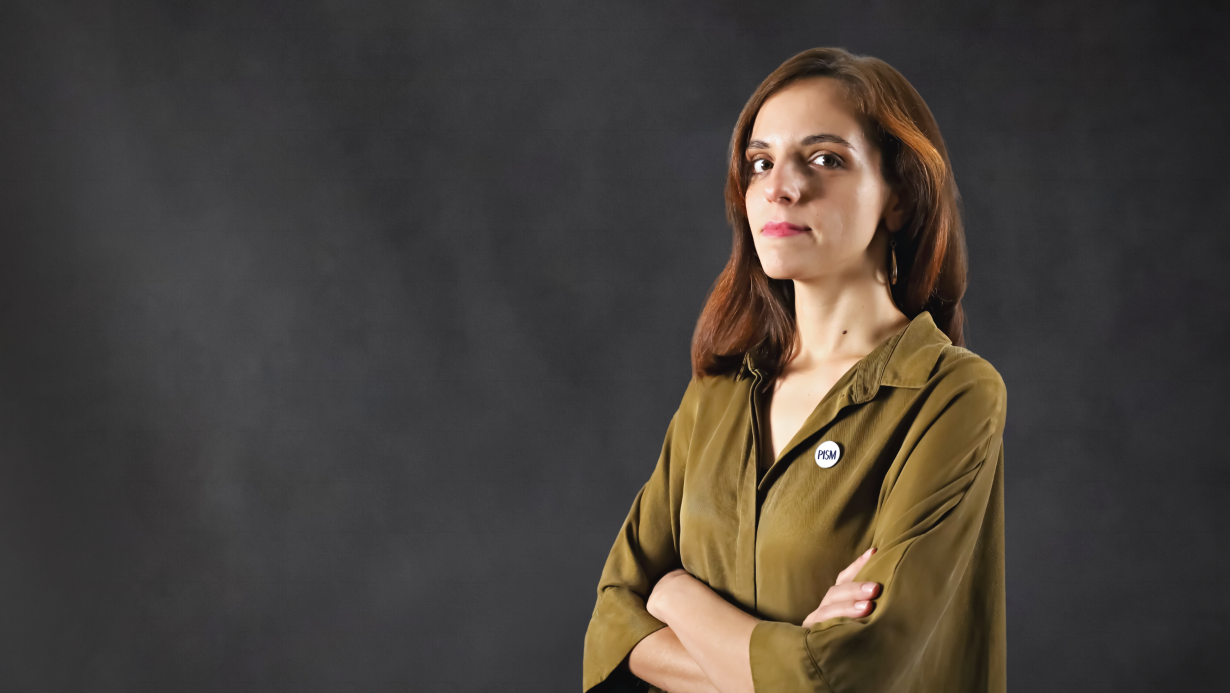Syria: The End of Isolation? Arab States Seek to Normalise Relations

Relations and Motives for Normalisation
Syria was excluded from the AL in November 2011 as a result of the outbreak of the civil war, and some Arab states decided to suspend bilateral relations with the Assad regime. However, in recent years, efforts to restore relations with Syria and readmit it to the organisation have been consolidating. In 2018, the UAE and Bahrain re-opened embassies in Damascus, and Jordan re-opened the Jaber-Nassib border crossing, which before the war allowed Syria to export $600 million worth of goods annually. At the 2019 AL summit, Secretary-General Ahmed Abu al-Ghait (Egypt’s former foreign minister) stated that Syria’s return to the organisation was inevitable. In February this year, the League opened an office of an organisation belonging to the Council of Arab Economic Unity, whose aim is to consolidate economic cooperation between members of the AL. In turn, in March, the foreign ministers of the UAE and Iraq, Abdullah bin Zayed al-Nahyan and Fuad Hussein, respectively, called for Syria to be re-admitted to the AL. Saudi Foreign Minister Faisal bin Farhan also spoke favourably about restoring contacts between Arab states and Syria. The only Arab state still critical of cooperation with Syria is Qatar. Its authorities cite the Assad regime’s war crimes.
The return to relations with Syria indicates a shift in the priorities of the Persian Gulf monarchs’ policy towards the Middle East. It is related to the rhetoric of the UAE authorities regarding increasing Arab cooperation in the region and building a common identity based on the secular and authoritarian nature of the ruling regimes. The monarchs in the Gulf view Islamist movements, some of which the Assad regime fought and some of which are supported by Turkey (especially the Muslim Brotherhood, with which Iran also maintains positive relations), and Iranian influence in the region as a key threat to their rule. The Arab-Turkish rivalry, in which the Egyptian and the UAE authorities are particularly active, has intensified in recent years. Gulf diplomacy is therefore trying to portray a restoration of relations between the Arab states and Syria, enabling them to participate in that latter’s reconstruction as a way to reduce the role of Iran and Turkey in the country, the Middle East and North Africa, and to increase the influence of Arab rulers in the region.
The financial benefits of rebuilding Syria are also a motivation for resuming contacts with the Assad regime. In 2018, the Syrian Ministry of Tourism issued a license to manage a chain of exclusive hotels to a UAE company. That same year, one of the largest Emirati real estate companies, Damac Properties, sent a delegation to Damascus, and in 2019, a Syria-Emirates business forum was held in Abu Dhabi. The potential investments of the Emirates and other Gulf states are seen by Bashar al-Assad as an opportunity to strengthen the legitimacy of his rule. Moreover, for Jordan, the suspension of cooperation with Syria in 2011 resulted in a loss of revenue from exports to that country. In 2010, 3.7% of Jordanian export volume went to Syria (the sixth-largest recipient of Jordanian goods), worth $280 million; however, by 2018 it was only 0.7% ($65.2 million). In addition, Lebanon and Jordan, neighbouring Syria, hope that the normalisation of relations with the Assad regime will facilitate the return of Syrian refugees staying in these countries (around 1.5 million and 700,000 refugees, respectively,).
Problems on the Way to Normalisation
The key obstacle to establishing full relations and economic cooperation with the Assad regime are the U.S. sanctions established on the basis of the Caesar Act and those imposed by the EU and the UN Security Council. They target not only people associated with the regime and its military industry, but also entities related to energy production or building basic infrastructure. In early March this year, during a meeting with the head of Russian diplomacy, the UAE minister of foreign affairs criticised the sanctions, claiming that they prevent the improvement of Syrians’ living conditions and the resolution of the conflict because they exclude the participation of Arab states in the process of rebuilding Syria. This position is partially supported by humanitarian organisations such as Human Rights Watch and the UN Special Rapporteur, Alena Douhan, which cite the negative impact of unilateral coercive measures on human rights. According to them, sanctions related to the Caesar Act worsen the lives of Syrians, and the scope of the sanctions limits the possibilities of rebuilding infrastructure related to healthcare or education and the ability of Syrians living abroad to send financial support back to their families. In response to these allegations, the U.S. State Department emphasises that the Assad regime is responsible for the humanitarian disaster in Syria. From the perspective of the EU and the U.S., it is impossible to completely lift sanctions as that would facilitate cooperation with a regime responsible for war crimes and crimes against humanity, such as the use of chemical weapons, torture, and murder of civilians. The position of Western countries is especially stiffened by the lack of wider accountability for the Syrian dictator’s entourage. So far, the only trials against Assad officials for crimes against humanity have been held in Sweden in 2015 and in Germany in February this year. The accused were detained under universal jurisdiction rules, which allowed the prosecution of perpetrators no matter where the crime was committed.
Another obstacle on the way to normalisation is Assad’s incomplete control of Syrian territory. The regime exercises nominal power over about 70% of the country’s territory, including areas on the border with Jordan, Lebanon, and Israel. However, the north of Syria is under the control of Turkey, opposition groups, and U.S. forces. Moreover, some of the territories recovered by Assad are managed by militias supported by Iran. The future role of these militias in Syria’s armed forces has led to tension between the Russian and Iranian authorities. The latter are opposed to the inclusion of militias into the army for fear of losing control and influence over the Syrian paramilitary organisations. That dispute contributed to the support of the Russian diplomacy for resuming cooperation between the Arab states and the Assad. In 2019, Russian Foreign Minister Sergey Lavrov called for the resumption of Syria’s membership in the AL. At the beginning of March this year, he visited the UAE and Saudi Arabia, during which time the states confirmed their willingness to normalise relations with Assad.
Conclusions and Perspectives
The most important goals of normalisation for Arab states is to limit the influence of Iran and Turkey and the potential gains from the reconstruction of Syria. Although U.S. and European sanctions prevent the initiation of economic cooperation with the Assad regime, Syria’s return to the AL and further deepening of contacts between Arab states and Assad are highly probable. Arab monarchies, especially the UAE, with the support of Russia will argue in the forums of international organisations that it is the sanctions that are blocking the reconstruction of Syria and the return of refugees, and impeding the delivery of development aid. This may contribute to weakening the consensus on existing EU policy on the Assad regime and to increasing criticism of the American and EU policy towards Syria by the rest of the international community. As a consequence, the belief that the pressure by Western states on other countries to respect human rights is unconstructive could spread.
To prevent this, the EU could, together with the U.S., consider setting up a special purpose vehicle similar to INSTEX to make cooperation and obtaining support from foreign institutions easier for entities beyond Assad’s control and those providing the necessary infrastructure. In addition, the Member States could consider adopting universal jurisdiction rules similar to those of Germany and Sweden (so far, the only EU countries that apply “absolute universal jurisdiction”, which does not require the accused to be bound to the state bringing the trial). This would allow Syrians guilty of war crimes to be brought to justice more effectively.
The improvement in relations between Arab governments and Assad increases the risk of forced returns of Syrian refugees, especially from Jordan, Iraq, and Lebanon. In order to guard against this, further humanitarian and development aid from EU countries, including Poland, will be necessary for those three countries in particular.


